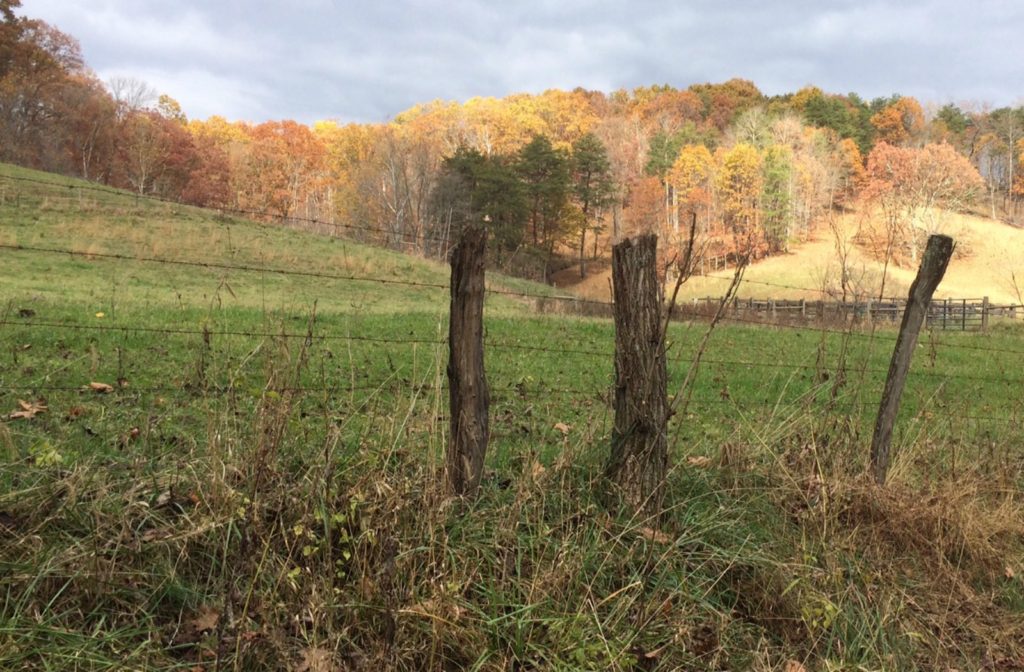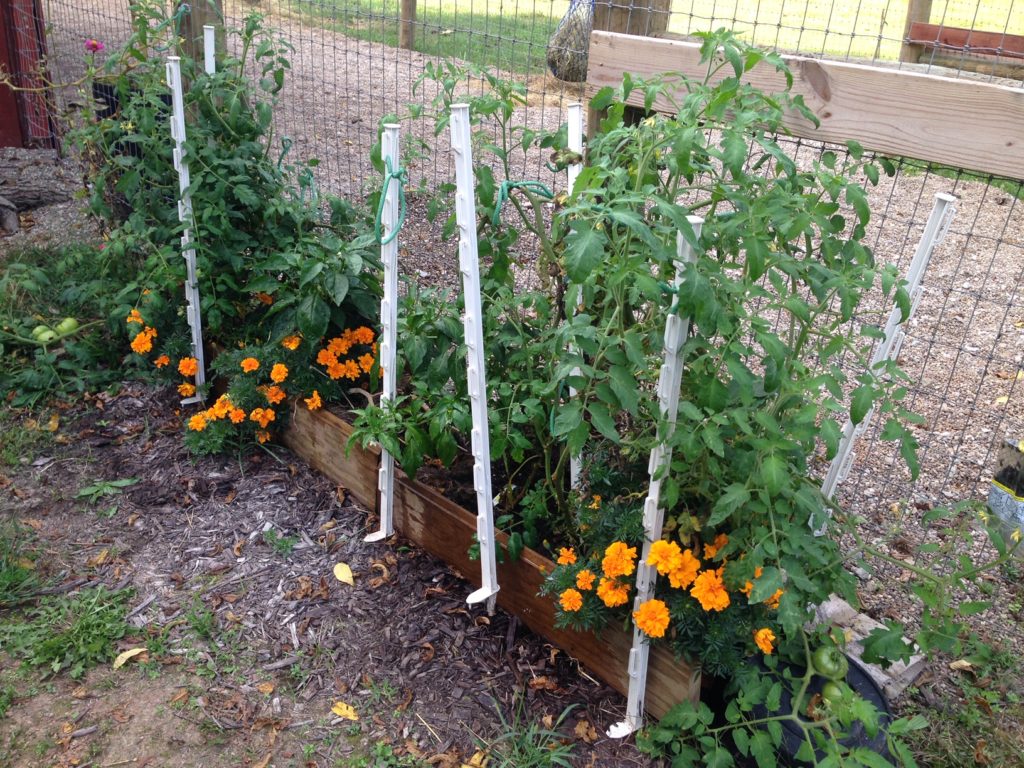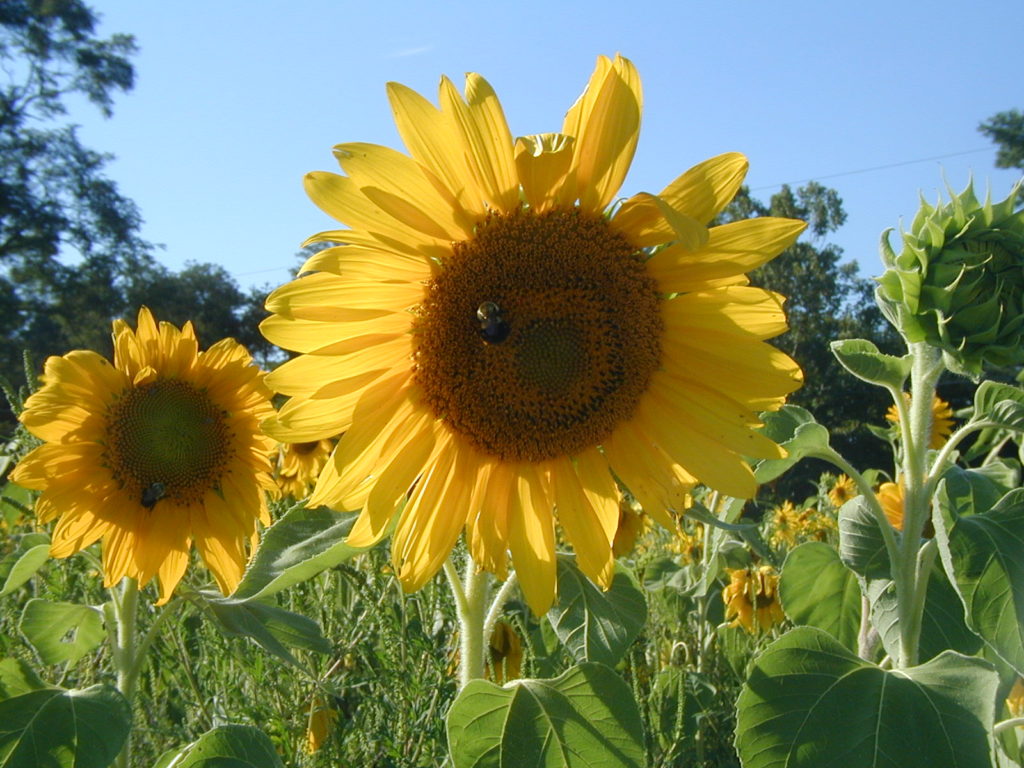Say one of your fondest dreams, or most optimistic goals is homesteading. However, it feels like your life circumstances are never going to align to get to that spot in the wilderness.
Homesteading Defined
Wikipedia defines homesteading as: “a lifestyle of self-sufficiency. It is characterized by subsistence agriculture, home preservation of food, and may also involve the small-scale production of textiles, clothing and craft work for household use or sale.”

I think this may be sufficiently broad. Maybe. Homesteading brings to my mind that family that has quit their city jobs, bought a rock-scrabble piece of land no one else wanted, are carrying water until they can dig a well, definitely are off grid, are raising and preserving almost all of their own food, are building their cabin room by room and are probably exhausted!
Homesteading in the city
While I’m sure that may describe some homesteaders, the definition also works for some city or suburban dwellers. They have a full-time job, a small raised-bed garden, dream of trying hydroponics, and already sell handmade soaps and crafts through an on-line retailer. And it describes a huge variety of other folks.
When we lived in town, we had vegetable gardens some years, almost always had a few tomato plants on the patio, and grew strawberries until our Doberman developed a taste for the almost-ripe fruit. We made and canned salsa and hot pepper jelly and made a variety of clothing and craft work for household use or sale. Hmmm. Homesteading.
Half-Homesteading
When we moved from town to a 42-acre piece of mostly wooded land, it wasn’t with the intent to live off-grid. Still, we have tried to prepare for the possibility that some day the grid may fail us. The design of our new home optimizes the use of natural light. We installed a wood burner for supplemental wood heat, and installed a wood cook stove in the basement.
Fruit trees, mint, berry bushes and other edible landscaping are being added each year. Our wish list includes developing a water source that does not depend on electricity. We hope the electric grid stays secure for many years and that the folks who shake their heads and think we are crazy can continue to do just that.

Still, I didn’t ever apply the homesteading description to our “moving out of town” adventure. I thought of it as half-homesteading.
Our primary reason for leaving town was to have some space, some quiet, some woods and some wildlife around. Living in town meant sirens, increasing crime, concrete, and traffic. We did have awesome neighbors in town, but we lived on a very busy street, and life always seemed under pressure somehow. It was no longer pleasant to sit on the porch or spend time in the yard.
Advantages of Half-homesteading
Half-homesteading can be done anywhere you are currently living.
Inner city, suburbia, small town, apartment, anywhere. When my mother could no longer care for her large home, where she had a huge garden, a greenhouse, and lots of windows for light, she was concerned that she would have to give up gardening. She moved to a senior citizen high rise in town, surrounded by concrete streets and parking lots. She had a one bedroom plus sitting room and tiny kitchen, located on the sixth floor of the building. It was right for her, but she only had one small window in the bedroom, and a tiny balcony.
Not discouraged, she researched hydroponics before it was a thing. She made sure the balcony could support two or three tubs of growing medium, and before we knew it, she was half-homesteading! She grew amazing vegetables and flowers. She could even have canned extras in her kitchen. Instead she found she had lots of new neighbors to share the bounty of her gardens. This made all the changes much easier and kept her busy learning new skills.
Half-homesteading teaches you useful skills that will translate when you move to that homestead.
There is no need to wait to learn a skill you will use on your homestead. You may not have the room or zoning to raise livestock, but you can grow a few garden plants almost anywhere. You can also go to farmer’s markets and buy produce in season for canning. Learning a bit about preserving your food now will easily translate to the skills you will use some day on the homestead. And if you do eventually go off-grid, it is often easier to figure out how to adjust a recipe, or a certain task, if your comfort level is secure.
One half-homesteader does her canning outside, on propane camp stoves because she doesn’t want the weight of the huge canner she uses to damage her kitchen cooktop. I am sure the experience she has developed would work off-grid.

Half-homesteading is a great way to try out parts of the lifestyle, without a huge commitment.
Perhaps you are ready to live all out, off grid, year-round back to nature – the whole deal. But your partner is not so sure. Or your children are digging in their heels at the thought of losing the internet speed for their devices. And it hasn’t even hit them that leaving behind friends and activities is a possibility. As hard as it may be to understand, they may not share your dream of self-sufficiency.
I was almost 70 years old before we moved out of town, after the kids were grown and gone and we both retired. That let us choose a property that was more affordable because we didn’t have to factor in commuting time. And we still chose a place with electric service, city water, and within reasonable distance from the conveniences of town.
It may not take you as long, but then full homesteading was not our own personal goal. You need to go where your heart takes you. But any knowledge and experience you can gather along the way will be an advantage.
Half-homesteading is a good way to find out what you don’t know.
An old saying comes to mind: “I didn’t know enough to know what I didn’t know!” As you develop some skills with the idea of using them on your homestead, you will find the right people. People who can teach you and mentor you and help you avoid some of the mistakes they made.
So, in my mind, we are still half-homesteading, and I give full kudos and credit to those intrepid folks who are really homesteading all out. One thing I am certain of, is that of all the homesteaders I follow, talk to, learn from and admire, not one has been unwilling to share their knowledge and experience to teach and encourage others, even if those others are only half-homesteading.
Please Comment
Are you homesteading? Comment and let me know where you are in your journey toward a “lifestyle of self-sufficiency.” What is your biggest challenge? Thanks for stopping by!
Leave a Reply